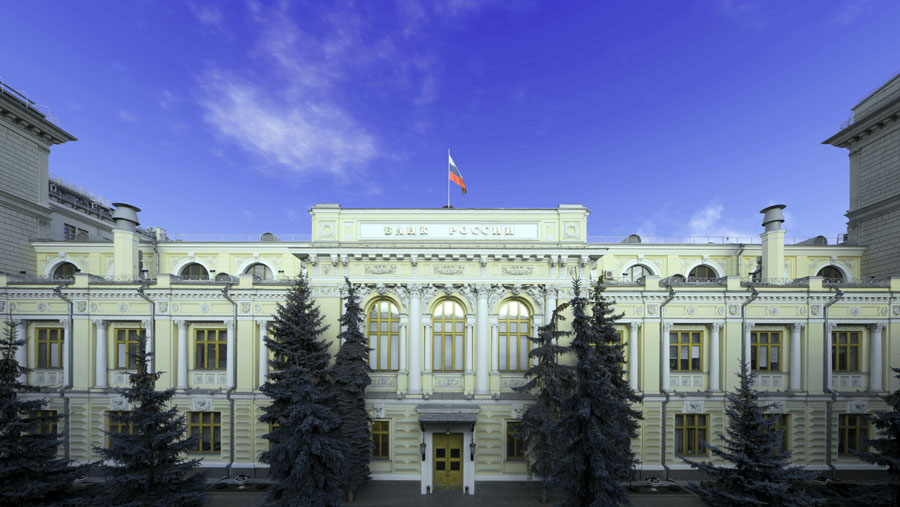On 21 May, Czech Foreign Minister Jan Lipavský reported that European Union foreign ministers approved using the proceeds from frozen Russian Central Bank assets to support Ukraine.
“Within the EU, we decided today to transfer the proceeds of the Russian Central Bank’s asset freeze to Ukraine. This year alone, this could amount to up to 74 billion crowns (about $3,25 billion, – Ed.). 90% of the proceeds will go to military support. Russia must pay for the damage done by its war of aggression,” Jan Lipavský wrote on X/Twitter.
Earlier, the EU faced hurdles in agreeing to use proceeds from frozen Russian assets for Ukraine and considered allowing neutral member countries to opt out of using these funds for weapons, limiting their contributions to humanitarian aid, according to Politico sources.
So far, only proceeds from the frozen Russian accounts will be used, as seizing the Russian central bank assets for immediate reparations is currently ruled out.
Earlier, Washington proposed mobilizing frozen Russian assets to provide a large loan to Ukraine, with interest paid from the assets’ annual profits, rather than seizing or confiscating them.
Read also:
- G7 considers €30 bn Ukraine loan using frozen Russian assets
- EU agrees to use profits from frozen Russia’s assets to support Ukraine
- Politico: Non-military option for neutral countries in EU plan on using frozen Russian asset proceeds
- Scholz backs using 90% of frozen Russian asset proceeds for Ukraine arms
- G7 may utilize frozen Russian asset revenues for a $50 billion aid package for Ukraine
- PACE adopts resolution to use Russian assets for Ukraine’s reconstruction




